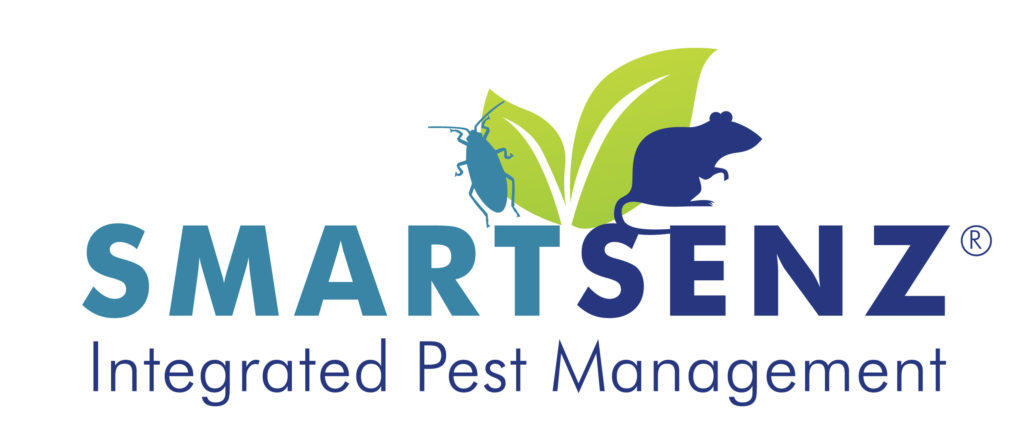Sustainability. A word that has become important in this generation’s vocabulary.
The meaning of ‘sustainability’, according to the Oxford English Dictionary, is “The degree to which a process or enterprise is able to be maintained or continued while avoiding the long-term depletion of natural resources”.
In Today’s environment, being sustainable (both economically and naturally) is not only a hot topic for many businesses, but has become a mandatory target/ focus. Thankfully, it is no longer up to the ‘future generations’ to research and implement change. The ‘future’ has arrived.
If we want to become sustainable, we need to change the way we exist in the workplace and at home.
We need to purchase items with sustainability and recycling in mind, we need to reduce consumerist behaviors (i.e. buying rewashable face masks over disposable face masks), we need to think about what we eat (takeaways come with a lot of plastic!)… there are so many opportunities to make a change in our everyday actions for the better of our planet.
In the workplace, perhaps being paperless is a thing that you can do. Or allowing employees flexitime so that they can work from home/ come to work outside of peak traffic times to reduce your travel footprint. And if you have eco-conscious strategies – you are allowed to ask your suppliers to do the same.
A prime example of a company working towards becoming sustainable is our company – SMARTSENZ® Integrated Pest Management Services. We are moving from the conventional, chemical based pest control approach to an integrated pest management approach that really uses pesticides as a last resort. Why? Well, if you simply google “Pesticides in non-target animals”, you will find out.
There are KEY differences between conventional pest control and integrated pest management solutions:
| Conventional Pest Control | Integrated Pest Management |
| Chemicals are an integral part of the solution | Chemicals are used as a last resort or if infestations are severe |
| Technicians often find a quick solution with short term effectiveness | Technicians use long term solutions that are effective in the long run |
| More costly over the long run as you are not managing the cause of the problem | Cheaper in the long run as you are solving the cause and not the symptom |
| Is not a sustainable practice | Sustainability is the main focus |
Many people believe that what they do won’t make a difference as they are just one person. But if everyone has the same view then nothing would ever change. Imagine the effect we could have if more people became sustainable in just a few aspects of their lives – our earth would notice the change!
If we each play our part, from choosing to recycle or choosing to support a company whose values are aimed at implementing sustainable methods then we will surely make a difference.





